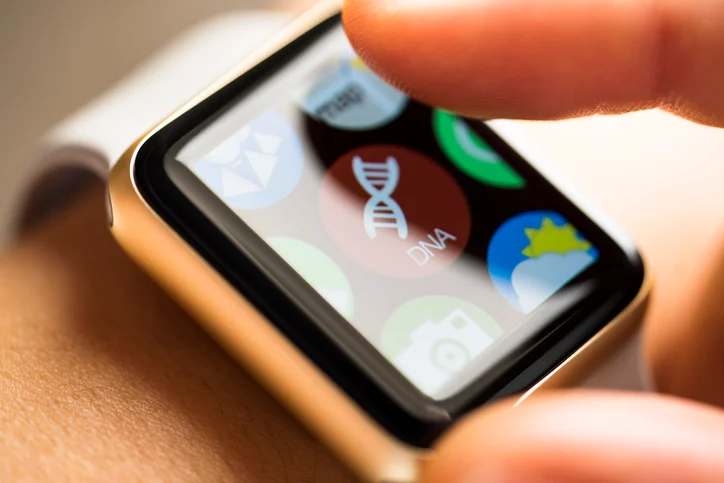
The goal of the recently established Seattle Hub for Synthetic Biology is to create cutting-edge technology that can capture a cell's genetic past as it evolves. This research project, dubbed a "genomic smartwatch," could change healthcare and "unlock the secrets of disease."
At least two decades have passed since the initial fitness tracking smartwatches were introduced to the market. Even though there are frequent tales of smartwatch technology saving lives, we tend to take the convenience of monitoring vital signs like blood pressure and heart rate for granted these days.
At the genetic level, however, this kind of real-time tracking has not been achievable. Only once a cell has been severely damaged by debilitating diseases like cancer can scientists observe the final effects of genetic alteration. A new research center in Seattle hopes to use a "genomic smartwatch" to address this problem.
The University of Washington, the Allen Institute, and the Chan Zuckerberg Initiative are the brain trust behind the Seattle Hub for Synthetic Biology. The goal of this partnership is to record the internal workings of a cell's genome using cutting-edge genetic research techniques like single-cell multiomics and AI-enhanced gene modification.
The research project of the Seattle Hub seeks to make the complete history of the cell accessible, even though these conventional techniques have helped scientists better understand the mechanisms underlying gene expression.
Director of the Hub Dr. Jay Shendure characterizes the research project as "putting a smart watch into each of your cells to record the genome itself" in a press release.
The Seattle Hub for Synthetic Biology claims that this technology will actively observe sub-cellular changes, providing clinicians with the knowledge they need to treat genetic diseases even before they occur, in a manner similar to how fitness trackers like the Garmin Venu 2 Plus monitor heart health in real time.